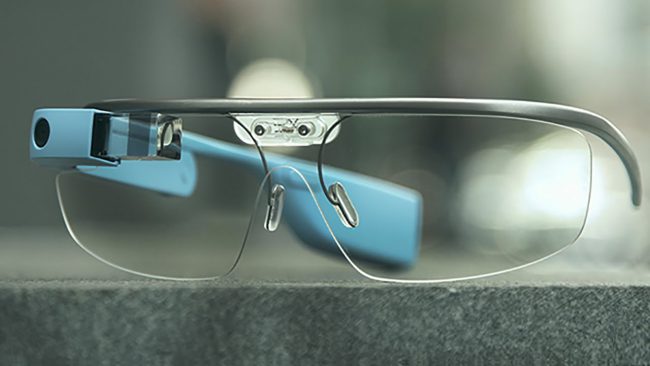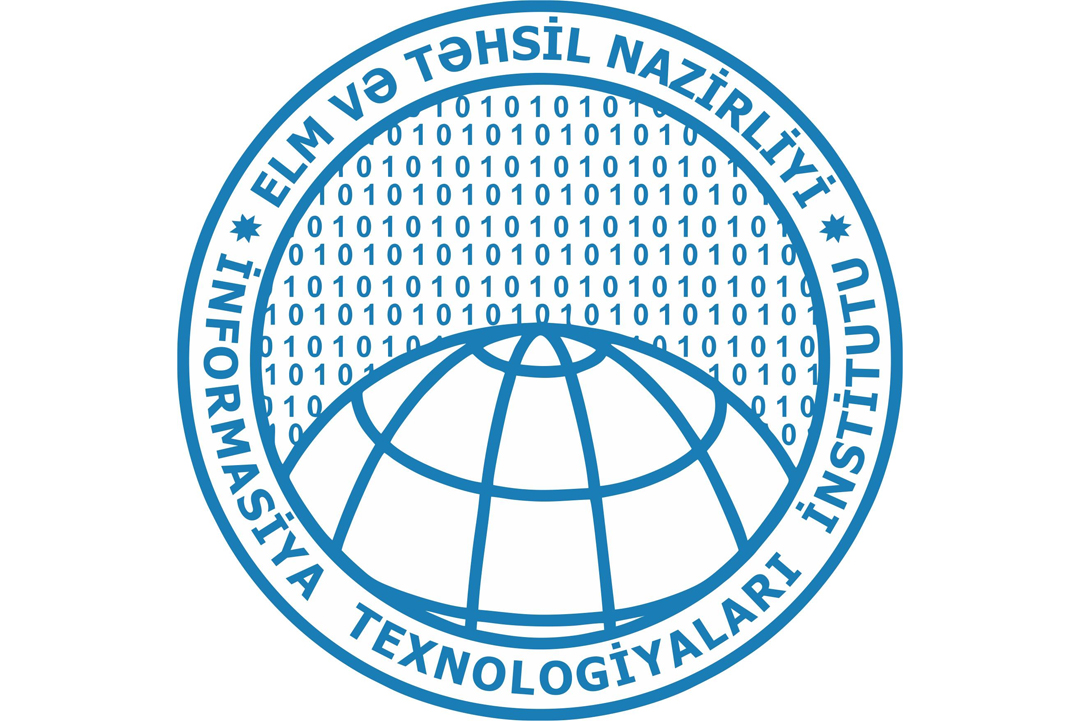NEWS
Scientists at Stanford use Google Glass to treat autism

A few years ago, it seemed that Google Glass, if not universally distributed, would stand at least one step with smart bracelets and smart clocks. Consumer product points could not become, but they found application in other, sometimes even more useful areas. For example, Stanford University scientists began using Google Glass to help children suffering from autism.
In the framework of the study, Stanford scientists, scientists Catalin Voss and Nick Haber, combined face recognition technology with machine learning. As the publication Engadget, the new project was called Autism Glass Project. A special program when communicating determines the emotions on the person's face, and a person in Google Glass gets a hint about what exactly is being expressed at the moment. According to psychologists, this helps in the development of social skills.
14 children with autism participated in the experiment. They needed to wear glasses in ordinary life for several days. As a result, 12 families out of 14 at the end of the study said that children responded better to eye contact attempts and even started simple dialogues, which was not observed before the study. Now experts are focused on carrying out longer studies, as well as studying how Google Glass affects the child's psyche and whether it affects at all. After all, in fact, if the system proves its effectiveness, it can become a new method of therapy of autism, not based on work with a psychologist.



